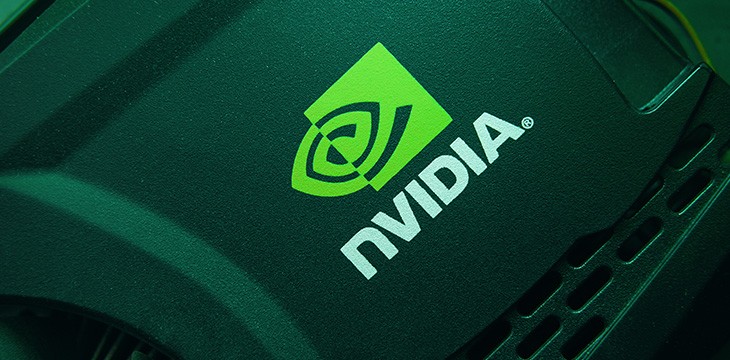|
Getting your Trinity Audio player ready...
|
At the beginning of last year, computer graphics chip manufacturer Nvidia was sued over claims that it had defrauded investors as it prepared to get into the digital currency mining business. A sudden shift in the prices of assets and a decline in the attention being directed to recreational miners forced Nvidia to lower its expectations on graphics processing units (GPU), but not before investors had turned over millions of dollars to the company. As a result, law firms banded together to go after the company, but they will now have to figure out a different approach. A judge has decided that the lawsuit doesn’t stand up to legal scrutiny.
U.S. District Judge Haywood S. Gilliam was tapped to preside over the case and has determined that the law firms didn’t provide enough evidence to support their claims that Nvidia had conducted fraud in connection to its foray into the digital asset mining business. He explained that the plaintiffs didn’t properly demonstrate how the company had lied about its GPU inventory and that the allegations weren’t supported by Nvidia’s financial filings.
In submitting the lawsuit, one of the law firms asserted at the time, “[A]s cryptocurrency prices began to plummet, NVIDIA masked slowing growth by continuing to push mid-range GPUs into the channel, which caused inventory levels to skyrocket and ultimately left NVIDIA with over three months of excess inventory in its channel.”
Gilliam also took issue with how the lawsuit attempted to use certain financial data to support the claims, despite no irrefutable connection. He stated, “Plaintiffs allege that the market had been pointedly concerned about the risk of whether crypto-mining was truly behind the surge in NVIDIA’s gaming revenues, or only accounted for ‘some residual amount or some small amount,’ as stated by Defendants.”
Nvidia, last December, tried to get the lawsuit thrown out, arguing that the plaintiffs were selectively pulling out information from company-provided data in order to try to build their case. It would now appear that the attempt was based on solid legal ground, as this is essentially the same conclusion reached by Gilliam.
Just because the lawsuit has reached its conclusion, this doesn’t mean that Nvidia’s troubles are over. Gilliam put the ball back in the law firms’ court and will allow them to amend the suit if they can produce any conclusive evidence to substantiate their claims.

 03-04-2026
03-04-2026 




